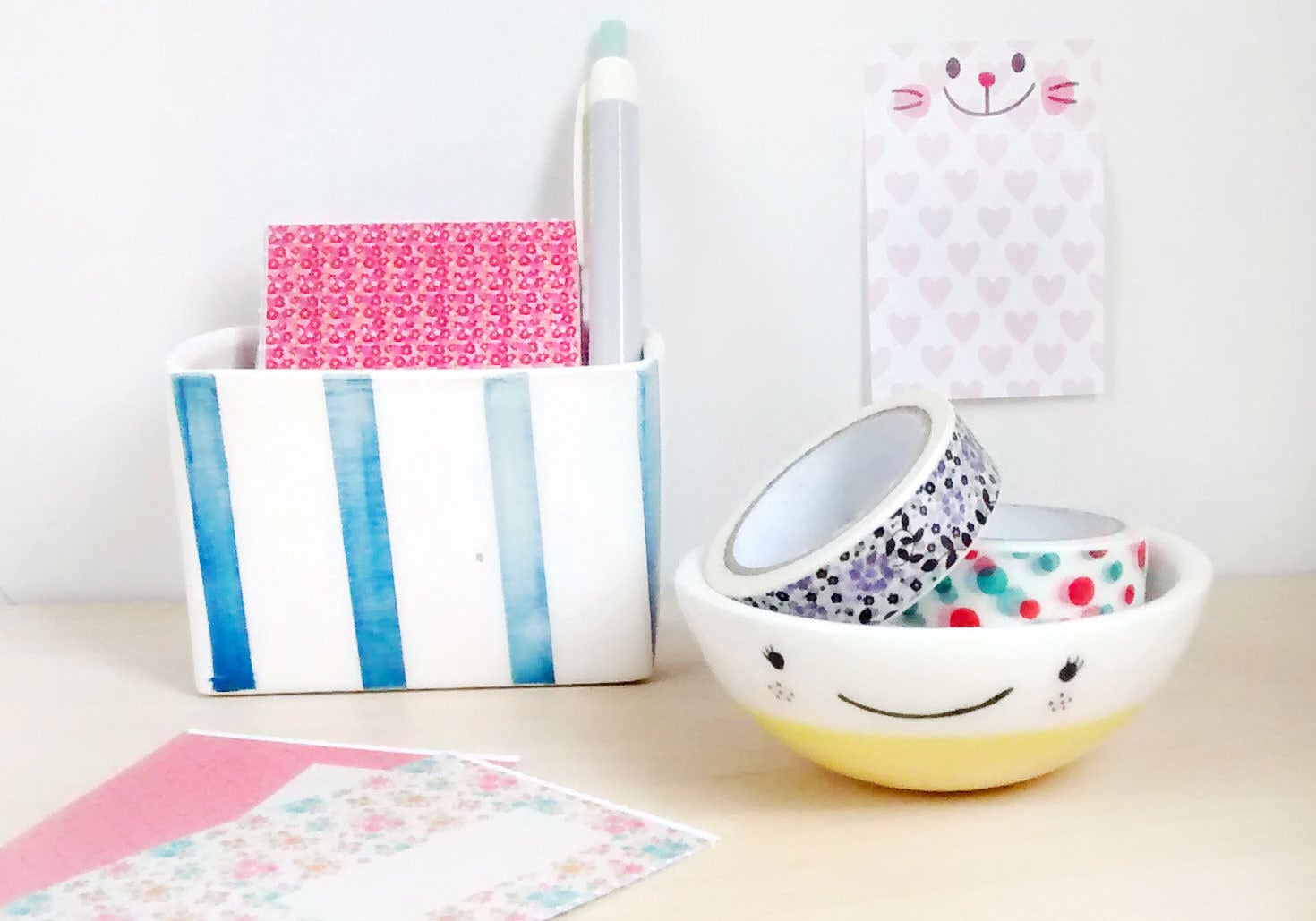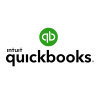Taxes. There’s no way to avoid them, and yet the word alone can make your heart beat a little faster and your palms sweat. But taxes don’t have to be something you fear. A little organization can make filing your taxes slightly less painful.
No matter how big or small your business is, it’s your responsibility to file taxes to your federal and local government. You should also keep in mind that the money you make from your Etsy business is not all profit — you should deduct your business expenses from your income. Read on for tips on how to stay organized and how to make tax season a little more tolerable.
1. Make it part of your routine
When you’re busy running your shop, it can be difficult (if not impossible) to set aside an entire day to organize your financial files. Michelle Mach, who’s been selling book-themed gifts in her Fort Collins, Colorado-based shop since 2010, has adopted a “do a little every day” motto when it comes to bookkeeping. “Just writing ‘do taxes’ on your to-do list isn’t very helpful,” she says. “I break down all the steps into one small thing I can accomplish each day: Add up mileage (from my paper mileage journal), print expense totals, track down a missing 1099 form.” Read The Most Effective Way to Create a To-Do List for more tips on breaking down tasks.
Once your to-do list is in order, try making bookkeeping part of your daily or weekly routine. It can be tempting to make taxes a lower priority when there’s not a filing deadline looming, but doing a little bit each week will prevent the task from becoming bigger than you can handle. For an overview of the deadlines you should be aware of, read Taxes 101 for Etsy Sellers.
Jeannie Gray, who sells knitted goods and tea bag pouches in her Richmond, Virginia-based shop Jeannie Gray Knits, developed a schedule for handling her finances based on her years of experience doing payroll before starting her Etsy shop. “I treat my business’s accounting just like a giant corporation would treat theirs,” she says. Jeannie does a little accounting each day and compiles monthly reports on the first day of each month. “It helps that I'm a very small shop, but taking care of the accounting stuff on a daily basis means I spend five relaxed minutes a day doing it instead of three weeks of total panic at tax time.”
In the United States, federal estimated taxes are due April 15, June 15, September 15, and January 15 (these are due if you think you will owe more than $1,000 when you file your tax return; states may have lower estimate thresholds). Tracking your income and expenses on a monthly basis will make that process easier too.
2. Get a credit card for your business
Designating a credit or debit card for your Etsy business can help you easily keep track of business expenses, says Michael Mincieli, a senior manager on Etsy’s tax team. This method has helped Susan Sarantos of Newport, Rhode Island-based jewelry shop Sarantos. Susan uses the tagging feature on her credit card's website to track expenses by type. “I try to charge everything to one card so I can tag the expenses,” she says. “Then I can get the totals for each tag with the click of a button.” Having a list of business expenses without having to determine which purchase from the paper store was for supplies and which was for the invites to your backyard BBQ is a real time-saver.
On top of that, using one card for all of your business-related expenses can help you make sure nothing is forgotten. Common expenses that can be deducted include the supplies used to make your products or packaging, rent for studio space — even your Etsy fees. One good way to consider what expenses you have is to walk through what goes into a typical sale. What are all the parts and time and expenses that went into that one sale? Did you use any equipment to create your items? Think big picture, too: Self-employed health insurance premiums may be deductible. The best way to make sure you’re claiming all the right deductibles is to consult a tax professional.

3. Keep files in one spot
Whether it’s an alphabetized filing system or a shoebox, Etsy shop owners have lots of techniques for storing their financial files. Michael recommends scanning receipts and other documents and storing them on your computer to keep things organized. Organize receipts with a system that works for you — organizing by expense type is one smart way. Susan keeps all her receipts and bills in the same drawer. Each month she downloads and prints her sales data from PayPal and Etsy and puts a copy in the drawer for reference.
If you misplace your Form 1099-K (or did not hit the threshold to receive one), you can always download a copy of all your Etsy sales data from your shop. Learn how to download a spreadsheet of your transactions.
4. Invest in time-saving software
If it makes sense for your shop, you can save time by investing in software that helps organize your tax files. Tools like QuickBooks are designed to meet the needs of small business owners and keep your finances and business expenses organized.* “I use QuickBooks Self-Employed, and it's the best thing I ever did for my small business,” says Cynthia Kalmanides of Norwalk, Connecticut-based printables shop Little Rose Design Studio. When she first started selling on Etsy, Cynthia was manually entering information into a spreadsheet. With QuickBooks, she can link her accounts and import info automatically. “My bookkeeping went from hours working on spreadsheets, to simply logging into QuickBooks a couple of times a week to mark transactions as business or personal. It even calculates my estimated quarterly tax payments based on my profits after business deductions.”
Etsy shop owners in the United States can export their Etsy sales and expenses directly into QuickBooks. Sellers can also use TurboTax Self Employed to make it easier to pay your taxes online.** We offer Etsy sellers 50% discounts for Quickbooks and Turbotax products.
We hope this guide has provided some helpful basic information about taxes. Please note that tax laws change frequently, and this information is not tax advice or legal advice. You are responsible for any use of this information. Please consult an attorney or tax expert if you have any questions.
Making a few small changes to your workflows can make filing your taxes less of a chore.
Go back > The Ultimate Guide to Taxes for Etsy Shop Owners
*Terms apply. Subscription required.
**Terms apply.
 Words by Intuit Tax Prep
Words by Intuit Tax Prep




